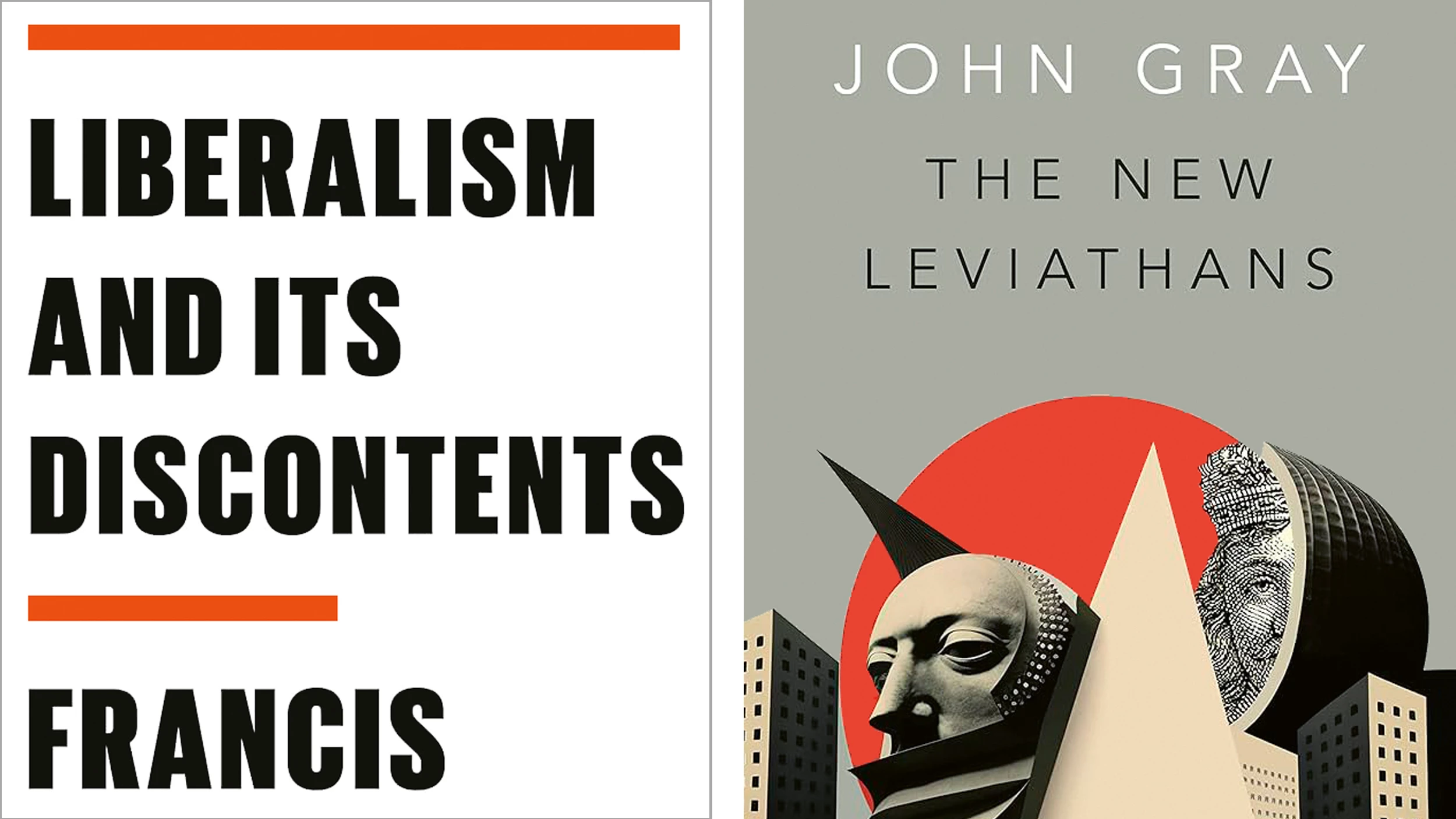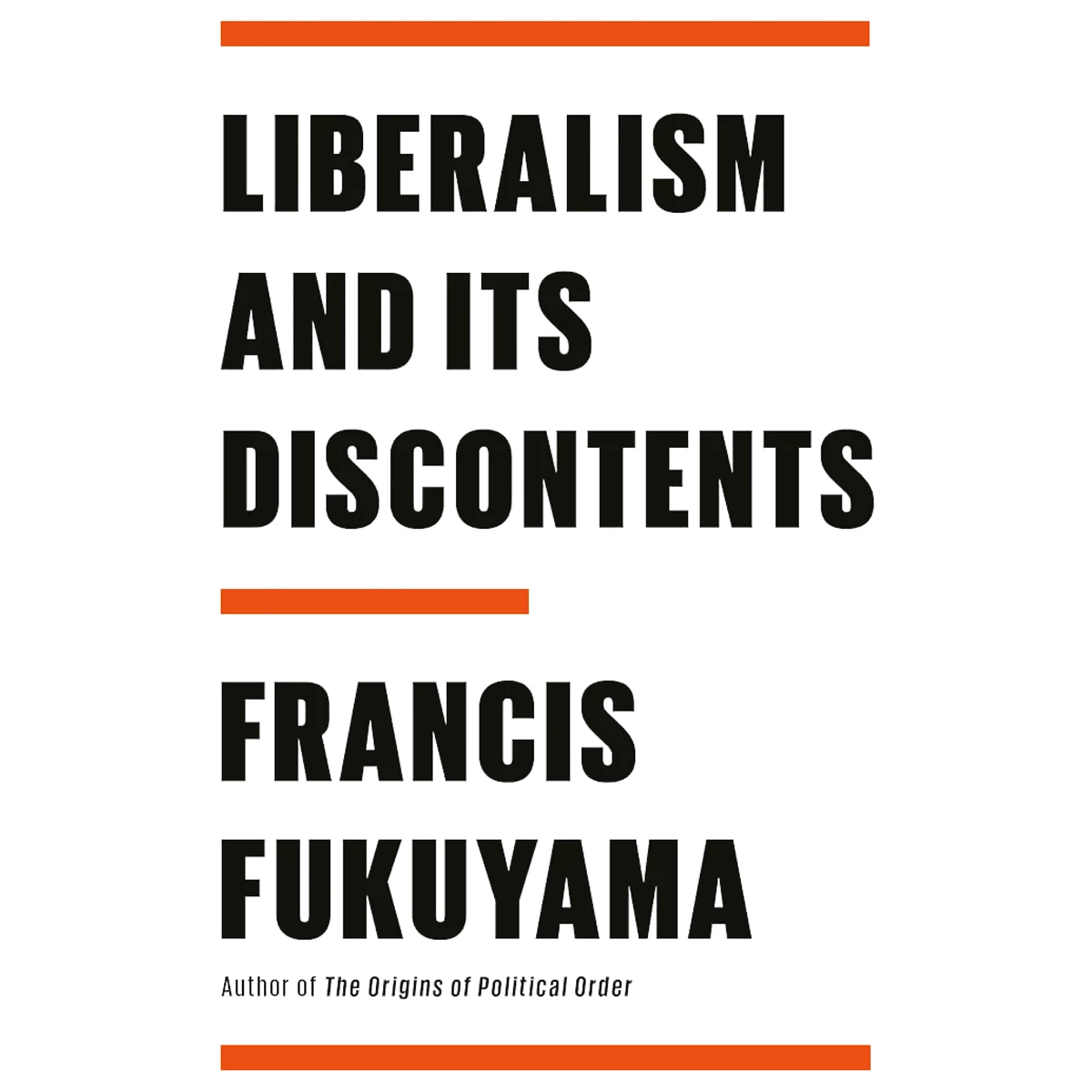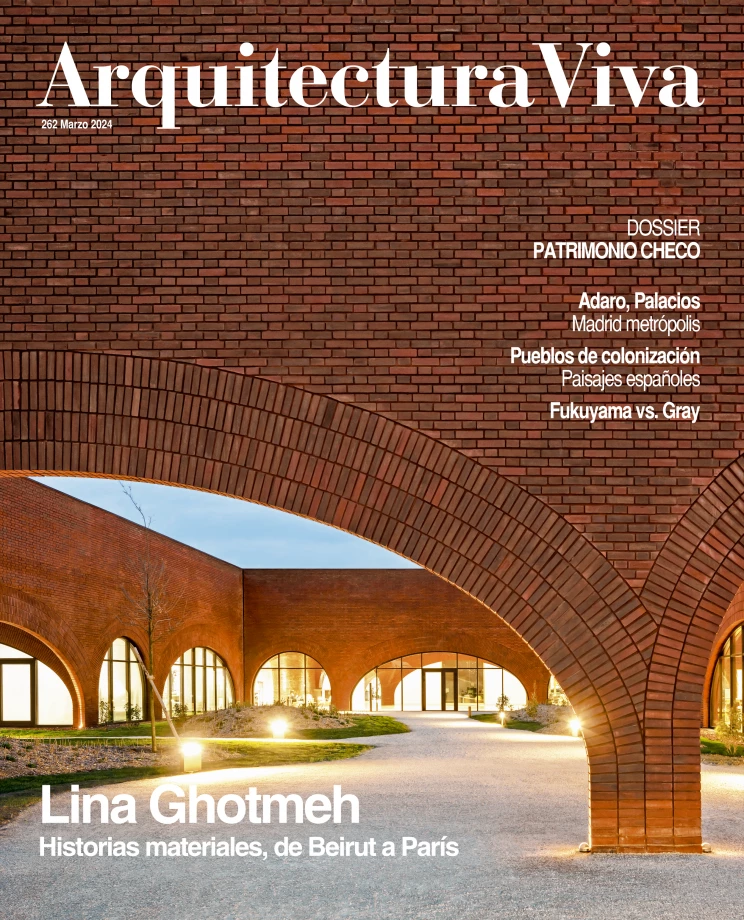
Liberal institutions, says Francis Fukuyama, act as the canaries in the coal mine, and warn about the threat of an authoritarian assault. John Gray is more pessimistic, believing that liberal civilization based on tolerance is history, because the states of the 21st century no longer protect citizens against tyranny, but against chaos. Both political scientists are aware of the crisis of classical liberalism, attacked by the populist Right and the radical Left, in the framework of a democratic recession that began in 2008, but while Fukuyama maintains that there are no better alternatives, and proposes reforms that would give new life to liberalism, Gray thinks that today’s states are turning into leviathans, totalitarian monsters where liberty is subordinated to security, a process which the pandemic, climate change, and war in Europe has only accelerated.
Liberalism and Its Discontents defends liberal democracy for pragmatic, moral, and economic reasons, establishes its link to the scientific method, and offers a sketch of its history since the French Revolution, soon confronted with ideological competition from nationalism and communism; censures the economic extremism of neoliberalism, which has led to dissatisfaction with capitalism; criticizes the absolutization of the autonomy in Rawls’s theory of justice, as well as identitarian politics centered on race or gender; shows how technology challenges privacy and freedom of expression; proposes integrating liberal universalism with the reality of the nation-state and the political relevance of immigration; and ends with a reminder that classical sophrosyne is key to the survival of liberalism.
The New Leviathans presents ‘thoughts after liberalism,’ as its subtitle announces, because its author considers the liberal experiment extinct. In contrast with Fukuyama, who refers to liberal thinkers like Hobbes, Locke, Rousseau, or Rawls, Gray holds that Hobbes is the only one worth reading today, not so much due to his faith in reason, which he shared with other authors of the Enlightenment, as for that which made him a theorist of the absurd, stressing the danger of using linguistic fictions like ‘humanity,’ which by allowing distinctions between degrees thereof opens the door to eliminating the less human, as happened in the Soviet Union, Nazi Germany, or Maoist China. This dark view of our times is the lesson he extracts from a Hobbes whose quotes stitch together the text. In a year in which half the planet will be going to the polls, Fukuyama calls on us to watch over our liberal institutions like canaries in the mine, but Gray insists that those birds died time ago, victims of firedamp.








